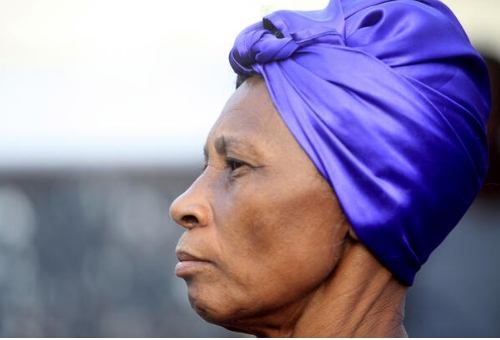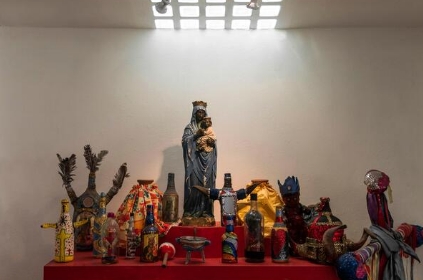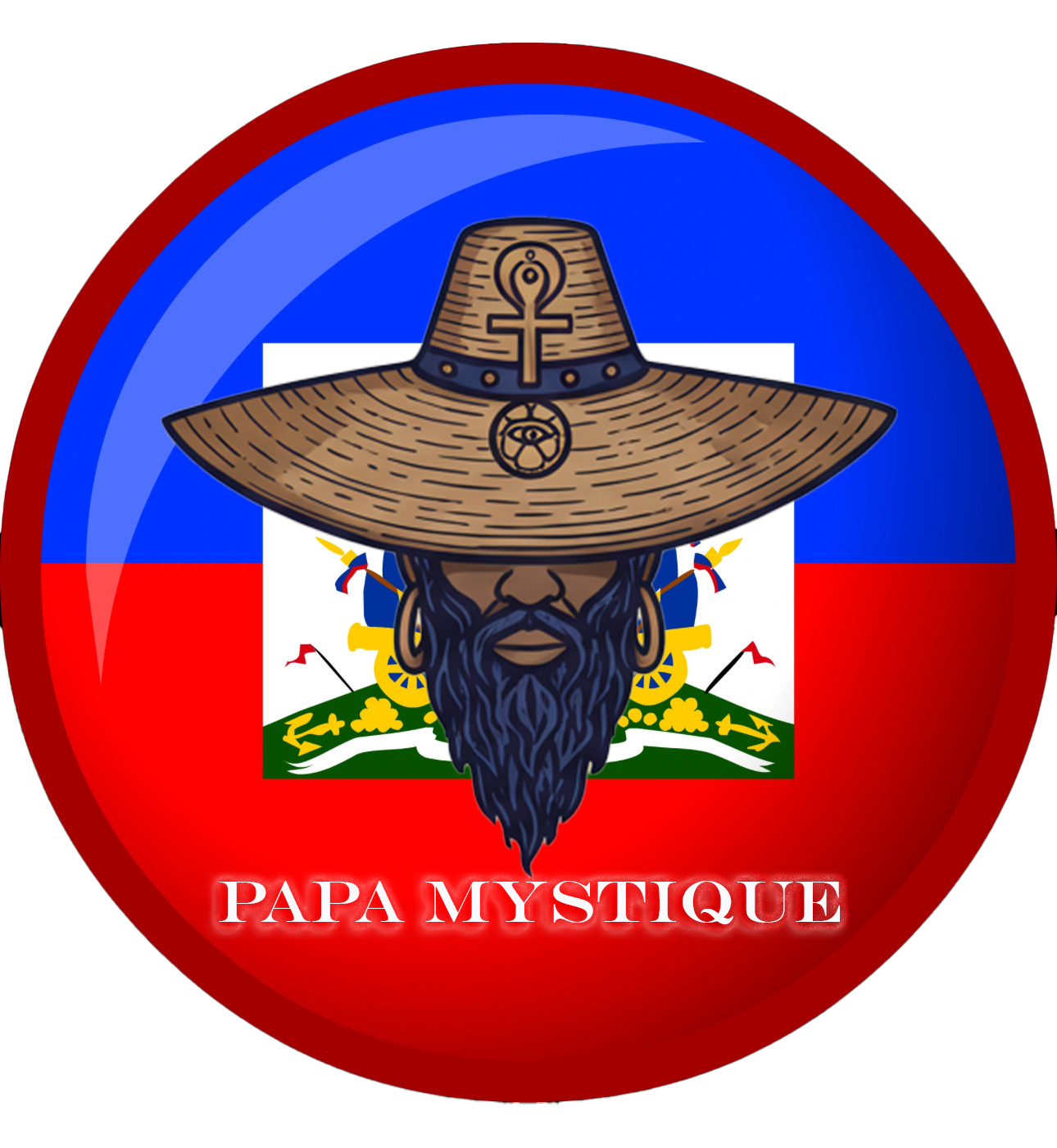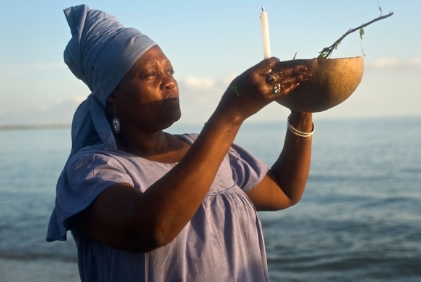Haitian Vodou is one of the most misunderstood spiritual traditions in the world, often misrepresented by Hollywood and sensationalized stories. Many people associate it with dark magic, curses, and evil spirits, but in reality, Vodou is a faith rooted in healing, community, and reverence for the divine. It is a tradition that blends African, Indigenous, and Catholic influences, focusing on maintaining balance between the seen and unseen worlds. By debunking the most common myths, we can gain a clearer and more respectful understanding of this sacred practice.
Truth is like a candle in the darkness—no matter how many shadows surround it, it will always shine.
One of the biggest misconceptions about Vodou is that it is used for harmful magic or malevolent purposes. The truth is that Vodou is centered on harmony, justice, and healing. Like any spiritual system, there are those who may misuse its practices, but Vodou itself is not inherently evil or dangerous. Practitioners seek guidance from the Lwa (spirits) for protection, success, and well-being—not for revenge or destruction. The idea of “Vodou dolls” being used to harm people, for example, is a complete distortion of the truth; in reality, such dolls are often used in healing rituals or to strengthen a connection with the spirits.


Another common myth is that Vodou is nothing more than superstition or a primitive belief system. In reality, Vodou is a sophisticated spiritual practice with deep philosophical and theological foundations. It teaches respect for ancestors, the natural world, and the interconnectedness of all things. The ceremonies, rituals, and symbols found in Vodou have been passed down for generations, carrying the wisdom and resilience of those who kept the tradition alive despite colonization and oppression. Rather than being rooted in fear or ignorance, Vodou is a system of knowledge that offers spiritual insight and guidance.
Final Words on Vodou’s Truth and Legacy
Many also falsely believe that Vodou is incompatible with Christianity or other religions. While Vodou has its own distinct spiritual framework, it has coexisted alongside Catholicism for centuries, with many practitioners identifying as both Vodouists and Christians. This blending of traditions reflects Vodou’s adaptability and its understanding that spirituality is not a rigid, one-size-fits-all path. By dispelling these myths, we can move toward a greater appreciation of Vodou as a meaningful, life-affirming tradition that deserves respect rather than fear.


Leave a Reply